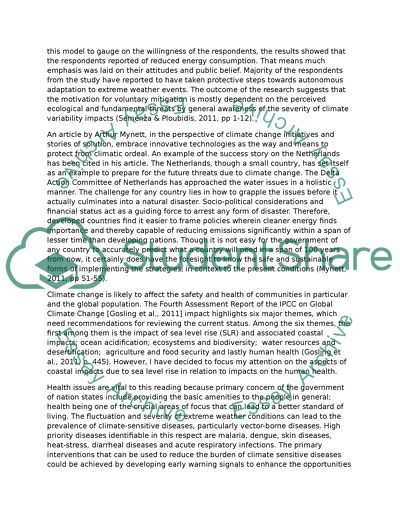Cite this document
(“Global Climate Change: Educating for Emerging Crises in Eco System Term Paper”, n.d.)
Global Climate Change: Educating for Emerging Crises in Eco System Term Paper. Retrieved from https://studentshare.org/education/1399883-global-climate-change-educating-for-emerging
Global Climate Change: Educating for Emerging Crises in Eco System Term Paper. Retrieved from https://studentshare.org/education/1399883-global-climate-change-educating-for-emerging
(Global Climate Change: Educating for Emerging Crises in Eco System Term Paper)
Global Climate Change: Educating for Emerging Crises in Eco System Term Paper. https://studentshare.org/education/1399883-global-climate-change-educating-for-emerging.
Global Climate Change: Educating for Emerging Crises in Eco System Term Paper. https://studentshare.org/education/1399883-global-climate-change-educating-for-emerging.
“Global Climate Change: Educating for Emerging Crises in Eco System Term Paper”, n.d. https://studentshare.org/education/1399883-global-climate-change-educating-for-emerging.


